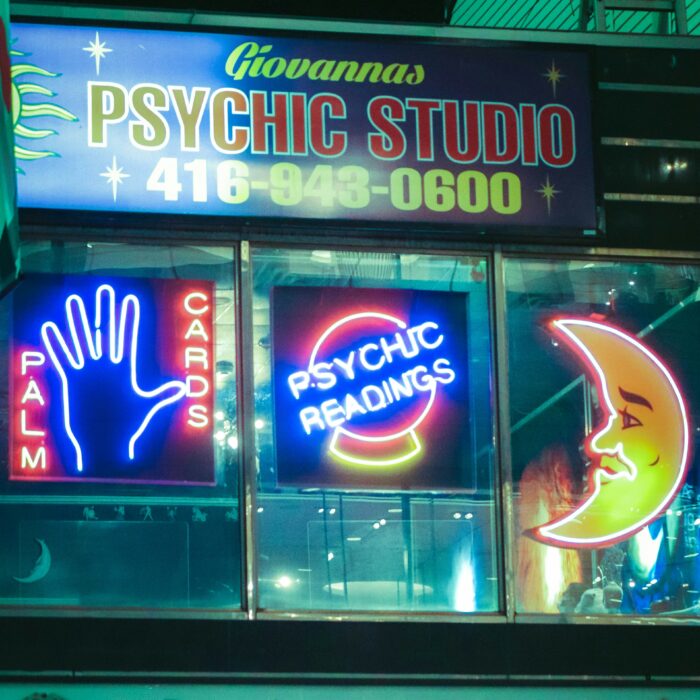You have no items in your cart. Want to get some nice things?
Go shopping I left him. If you ask me why, I couldn’t tell you. It was not one thing, it was many. Perhaps in the end it was the question of what I loved about him, and I couldn’t say anymore. We’d been together long enough for me to have forgotten. So, I told him one day, after we’d fought more bitterly than usual, that I couldn’t do it anymore. We were too different. We wanted different things. We should find other people who loved us for who we were and did not try to make us change… the usual breakup trite. He didn’t protest. He let me go. That was how he was.
I left him. If you ask me why, I couldn’t tell you. It was not one thing, it was many. Perhaps in the end it was the question of what I loved about him, and I couldn’t say anymore. We’d been together long enough for me to have forgotten. So, I told him one day, after we’d fought more bitterly than usual, that I couldn’t do it anymore. We were too different. We wanted different things. We should find other people who loved us for who we were and did not try to make us change… the usual breakup trite. He didn’t protest. He let me go. That was how he was.
Then he messaged. Six months later. It was short. What’s up? I considered ignoring him. My friends had warned against this. “You’d think it doesn’t matter… What’s one little message? But it does… leads to more confusion and pain.” They were right, of course. But they’d also told me not to date him. “Cynical, jaded, pothead,” they’d said. Yet, I did. One more wrong, what did it matter?
We met on a Friday night, in a dark, dank pub. Music beat down our heads and sweaty elbows nudged as we bobbed onto tall stools. In the nebulous, suspended drape of shadows and lights, I saw his happy face… and then there was mine. We spoke in a rush, in a hurry to expel the past six months. A tornado of words. A movie whose reels moved too fast. Then when we paused to take a breath, I leaned forward and said, “Nice to see you again.”
He nodded. Matter-of-fact. A blank face. Nothing else. The reasons for leaving him were coming back. Damn. What am I doing here?
Fight Club was our favourite movie. Tyler Durden our hero. We’d watched it in his place, snuggled on his couch. We were still in love then, wanting to please the other. And we loved the movie together, despite the need to pretend. After we were done, when he asked me what I wanted to eat, I said, “Let’s order in.”
“Let’s talk of other things,” I murmured. “I want to this to be happy. Civil. A standalone night in a sea of plaintive ones. An escape.”

About smita bhattacharya
Smita Bhattacharya is an award winning short story writer based out of Mumbai. She has two published books: He Knew a Firefly and Vengeful. Though, seeking to write the next big novel, she considers short stories her pièce de résistance. Her short stories have appeared in several Indian and international publications (The Statesman, DNA-Me, Fiction Magazines, Chicago Literati, Eastlit, Elsewherelit, Earthen Lamp Journal, Slink Chunk Press, Tall Tales, Pomegranate Anthology). Smita works as a management consultant in Mumbai.



